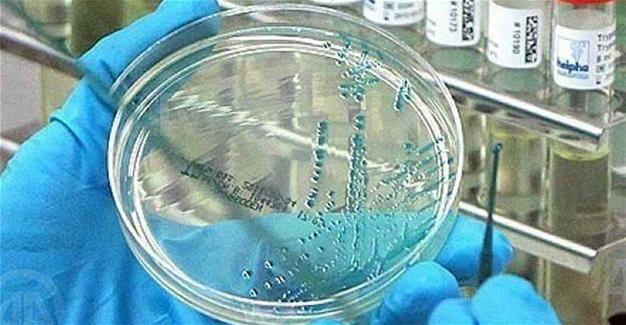Antimicrobial chemicals pose risk to health: US scientists
SAN FRANCISCO - AA
 A group of more than 200 scientists and health professionals from around the world issued a statement on June 20 that urged consumers to stop using products that contain two common antimicrobial chemicals.
A group of more than 200 scientists and health professionals from around the world issued a statement on June 20 that urged consumers to stop using products that contain two common antimicrobial chemicals. Scientists cautioned against the use of triclosan and triclocarban, which can be found in products ranging from paint to toothpaste to hand soap to detergent to carpet. The pair of chemicals is used to kill bacteria, fungi and viruses.
The chemicals, however, also pose a risk to human health, scientists said in a report published in the journal of Environmental Health Perspectives.
The chemicals can cause health problems for all people, but especially effect pregnant women, developing fetuses and breast-feeding babies.
Triclosan and triclocarban linger in the environment and can accumulate in the bodies of animals, including humans.
The U.S. Food and Drug Administration (FDA) last year banned the use of 19 chemicals, including triclosan and triclocarban, in soaps. But the use of the chemicals is still widespread and can be found in products like antimicrobial cutting boards and doorknobs.
The international group of scientists called for additional restrictions on the chemicals as well as warning labels for products that contain them.
“Because antimicrobials can have unintended adverse health and environmental impacts, they should only be used when they provide an evidence-based health benefit,” the statement said.
The scientists added that manufacturer claims about the effectiveness of antimicrobial products like paint or countertops are largely invalid.
Even the benefits of antimicrobial soap are overstated, scientists and the FDA say the chemical-laden soap is not better at killing germs than plain soap and water.
“Customers may think added antimicrobials are a way to reduce infections, but in most products there is no evidence that they do,” Ted Schettler, signatory and science director of the non-profit Science and Environmental Health Network, said in a statement.
















